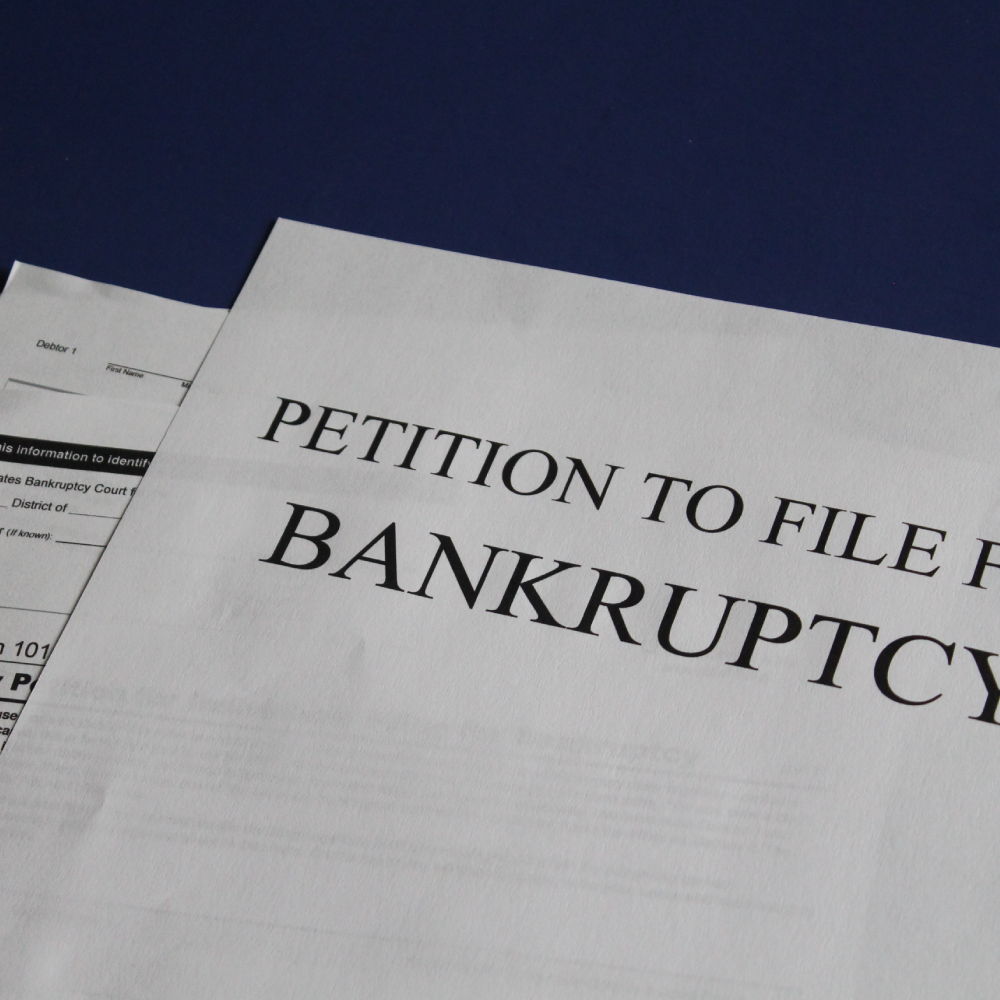
Deciding whether to declare bankruptcy is a difficult and complex decision that should not be taken lightly. Bankruptcy can have serious consequences, including damage to your credit score and the loss of certain assets. However, for some individuals and businesses, bankruptcy can provide much-needed relief from overwhelming debt and a fresh start financially.
Before considering bankruptcy, it is important to explore other options for dealing with debt. This may include negotiating with creditors to lower interest rates or payment amounts, consolidating debt into a single loan with a lower interest rate, or using savings or other assets to pay off debt. It is also important to seek the advice of a financial professional who can help you evaluate your options and make the best decision for your situation.
If you do decide to declare bankruptcy, it is important to understand the different types of bankruptcy and which one may be right for you. The two most common types of bankruptcy are Chapter 7 and Chapter 13.
Chapter 7 bankruptcy, also known as liquidation bankruptcy, involves the sale of your non-exempt assets to pay off creditors. This type of bankruptcy is typically reserved for individuals or businesses with few or no assets and is typically the quickest and least expensive option. However, it may not be an option if you have significant assets that you want to keep, such as a home or a business.
Chapter 13 bankruptcy, also known as reorganization bankruptcy, involves creating a repayment plan to pay off your debts over a period of three to five years. This type of bankruptcy allows you to keep your assets, but you must make regular payments to a bankruptcy trustee who will distribute the funds to your creditors. Chapter 13 bankruptcy is typically more complex and expensive than Chapter 7 bankruptcy, but it may be a good option if you have assets that you want to keep or if you are behind on mortgage or car payments.
Declaring bankruptcy has both advantages and disadvantages. One of the biggest advantages is the automatic stay, which is a court order that prevents creditors from taking action to collect on your debts. This can provide immediate relief from creditor harassment and collection efforts. Additionally, bankruptcy can provide a fresh start financially by wiping out most or all of your unsecured debts, such as credit card debt and medical bills.
However, there are also significant disadvantages to declaring bankruptcy. The most significant disadvantage is the damage to your credit score. Bankruptcy can remain on your credit report for up to 10 years and can significantly lower your credit score. This can make it difficult to obtain credit in the future, such as for a mortgage or car loan. Additionally, you may have to give up certain assets, such as your home or car, in a Chapter 7 bankruptcy.
Another disadvantage of bankruptcy is the potential loss of income. If you are a business owner, declaring bankruptcy can lead to the loss of customers and revenue, which can make it difficult to recover financially. For individuals, bankruptcy can make it difficult to obtain employment or secure a professional license, such as a real estate license or a medical license.
Finally, it is important to consider the emotional toll of declaring bankruptcy. The process can be stressful and overwhelming, and it can take a significant amount of time and effort to rebuild your financial situation. It can also be embarrassing and stigmatizing to declare bankruptcy, which can affect your personal and professional relationships.
In conclusion, deciding whether to declare bankruptcy is a complex and difficult decision that should not be taken lightly. It is important to explore all other options for dealing with debt before considering bankruptcy. If you do decide to declare bankruptcy, it is important to understand the different types of bankruptcy and choose the one that is right for your situation.